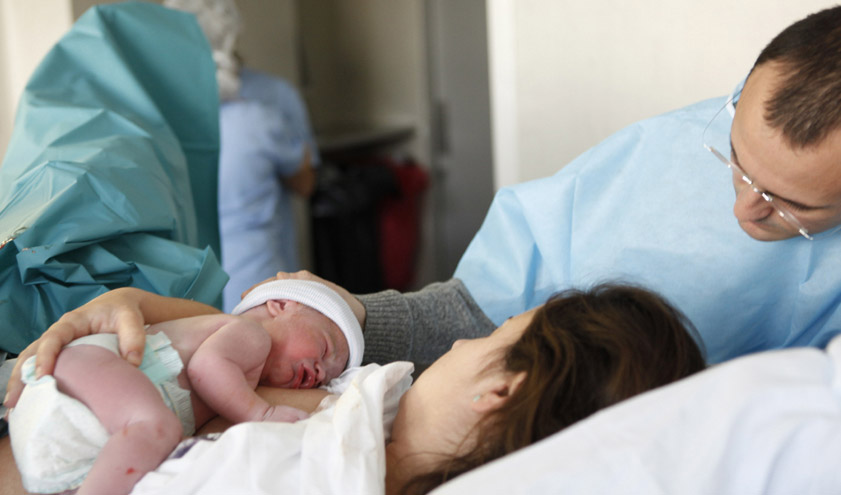
For some years now, the health system has been promoting changes for the assistance to pregnancy and childbirth to be less technical and interventionist, and more respectful of the right of women to decide how they want to live this experience. Although it has improved a lot, various studies indicate that it is still not sufficiently sensitive to the personal needs, values, and preferences of women, and that some fundamental values are not always considered, such as respect for autonomy, intimacy and privacy. The document defends the use of “The delivery and birth plan as a flexible, reviewable information and planning tool, adaptable to the needs and preferences of women and not be carried out as a mere formality”.
Regarding the information, the guide highlights the importance of the cultural and belief diversity existing in Catalonia, the need to improve the information received by the mother, and to facilitate the mother’s informed consent when making reproductive health decisions.
Other topics of interest that it addresses are how to address the protection of the rights of the foetus when, due to various circumstances, the mother refuses to carry out a certain treatment that may harm the health of her child and how to face a situation of perinatal grief. The document defends that this will require the involvement of different professionals for the “accompaniment” such as teams of perinatal palliative care and psychological support. Facilitating contact with grieving groups to be able to share the experience with other parents who have also lost their child can also be of great help in certain cases. The Bioethics Committee of Catalonia raises a series of recommendations to promote a more dignified and humanized healthcare to childbirth and pregnancy. The document indicates that achieving this objective does not only depend on the goodwill and sensitivity of professionals, but it is necessary to globally establish in Catalonia a framework or protocol for action and define a set of descriptive and qualitative indicators in order to evaluate the quality of care and assess the improvements implemented. It also indicates the need to adapt health and criminal regulations to the new guidelines set by international organizations, such as the WHO, the UN, and the Council of Europe.
Link to guide (PDF document):
Humanizar y dignificar la atención durante el embarazo y el nacimiento: una mirada desde la bioética